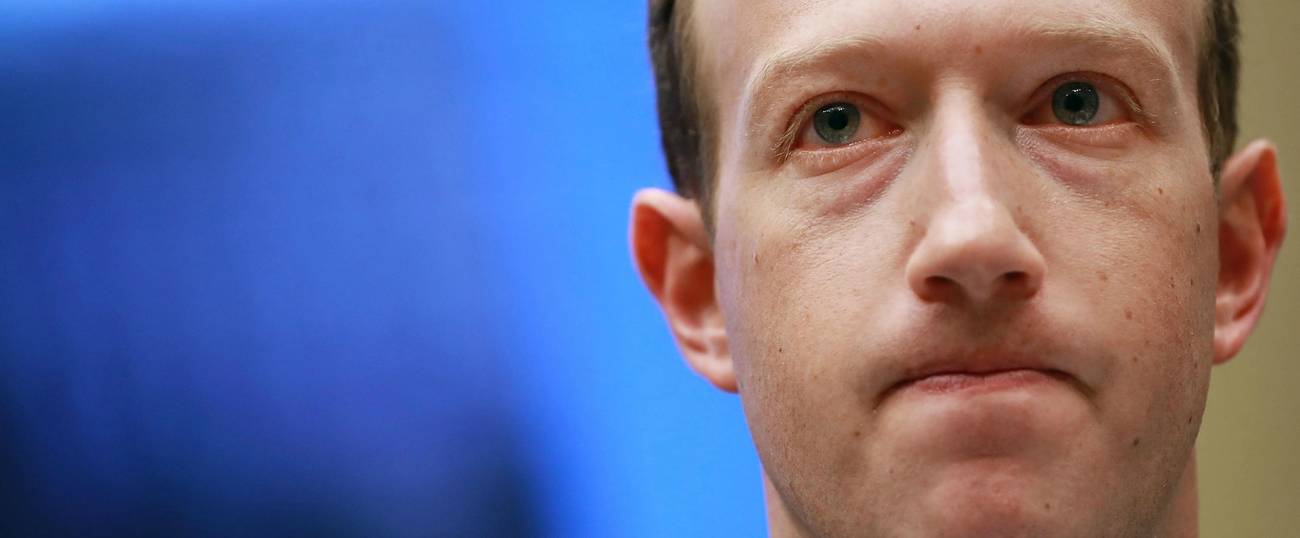Report: Facebook Still Allows Anti-Semitic, Holocaust-Denying Posts
An investigation by ‘The Times’ finds that even posts reported to the company remained available on the social media platform




The Holocaust was a lie, Anne Frank’s diary was a fake, and Jews are barbaric and unsanitary: All those are posts that are still available on Facebook despite being reported to the social media giant.
According to an investigation by the British Times, “scores of examples of material designed to incite hatred and violence against Jews” still remain on Facebook. “Some of it,” the newspaper reported, “had already been flagged to the company. When the material was highlighted to Facebook yesterday some was taken down but several antisemitic posts and pages remained up last night.”
In part, that’s because the company’s guidelines designate anti-Semitic posts as hate speech that is slated for removal, but does not view Holocaust denial the same way. Earlier this month, Facebook’s CEO Mark Zuckerberg sparked a controversy when he said in an interview that he believed Holocaust deniers were making nothing more than an honest mistake.
“I’m Jewish,” he said, “and there’s a set of people who deny that the Holocaust happened. I find that deeply offensive. But at the end of the day, I don’t believe that our platform should take that down because I think there are things that different people get wrong. I don’t think that they’re intentionally getting it wrong.”
After critics and Jewish communal organizations criticized Zuckerberg’s comments, his sister and former Facebook executive, Randi Zuckerberg, rushed to his defense and applauded him for “navigating this incredibly difficult new world where the notion of free speech is constantly changing.”
As The Times‘ investigation shows, however, navigating anti-Semitism and Holocaust denial on Facebook means little more than simply letting vile and violent expressions stand. Responding to the newspaper’s report, several members of Parliament blasted Facebook for its inaction. Yvette Cooper, chairwoman of the Home Affairs Select Committee, said: “Facebook are providing people with a huge global platform to incite racial hatred and to deliberately spread lies that fuel antisemitism. They can’t just shrug their shoulders and pretend it has nothing to do with them. What is the point of them even pretending to have community standards or social responsibility if they turn a blind eye to the promotion of violence and extremism?”
A spokeswoman for the company told The Times that “it did not allow antisemitic hate speech or incitement of violence of any kind,” even though the newspaper reported that some of the posts it had flagged remained available on the platform even after being reported.
This is the most recent example in a long-standing debate between social media companies on the one hand and lawmakers and the public on the other, with Facebook and Twitter arguing that they’re not traditional publishers and therefore should not be subjected to the same restrictions used to regulate the media. Given Facebook’s prominence as a source for disseminating news and shaping public opinion, however, this argument is getting considerably more difficult to support. This week, Facebook lost $119 billion in valuation, the biggest one-day fall in U.S. corporate history and a drop that is likely closely tied with the public losing trust in its commitment to protecting the safety and privacy of its users.
Liel Leibovitz is editor-at-large for Tablet Magazine and a host of its weekly culture podcast Unorthodox and daily Talmud podcast Take One. He is the editor of Zionism: The Tablet Guide.